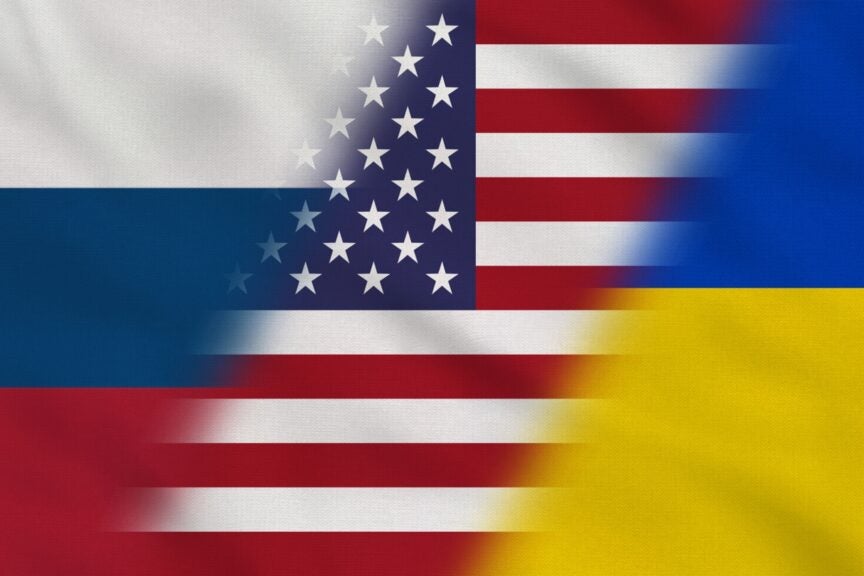Investigative Findings on Western Microelectronics in Russian Military Applications
In a revealing report released by Hunterbrook Media on Tuesday, an in-depth investigation has highlighted a concerning trend: Western-manufactured microelectronic components are finding their way into Russian military aircraft and weaponry. These components have been confirmed as integral to precision attacks on civilian targets in Ukraine, raising significant ethical and geopolitical questions.
The Investigation
The investigation, a collaboration between the Independent Anti-Corruption Commission (NAKO) and the International Partnership for Human Rights (IPHR), traced over 1,100 microelectronic components sourced from 141 Western companies. These components are embedded in key Russian aircraft such as the Su-34 and Su-35S, as well as in weapons systems utilized during Moscow’s targeted bombing campaigns. This alarming revelation underscores the effectiveness of Russia’s military supply chain, which adeptly integrates technology from supposedly adversarial nations.
Source of Components
The research points to a diverse pool of microelectronic component manufacturers spanning 11 countries, prominently featuring U.S. chipmakers. Among them are industry giants like Intel Corp., Texas Instruments Inc., Analog Devices Inc., On Semiconductor Inc., and Advanced Micro Devices (AMD). This diversity highlights the interconnectedness of global supply chains and raises questions about the efficacy of sanctions aimed at curtailing military production in Russia.
Sanctions Evasion Tactics
Despite stringent international sanctions, the investigation unveiled that a complex global supply chain persistently funnels Western technology into Russia. A meticulous analysis of over 180,000 customs shipment records from 2023 revealed trade valued at approximately $805 million in microelectronic goods. In many instances, countries like Serbia serve as intermediaries, routing sanctioned goods through jurisdictions like Hong Kong and Sri Lanka before they ultimately reach Russian soil.
Anastasiya Donets, head of the Ukrainian legal team at IPHR, remarked on Russia’s adeptness in circumventing sanctions: “They are still getting Western tech in Russian weapons that are killing Ukrainians every day.” This statement effectively encapsulates the critical situation on the ground as the conflict rages on.
Legislative Concerns
The findings have also drawn scrutiny in the United States, where several semiconductor firms, including Analog Devices, Intel, Texas Instruments, and AMD, were subjected to intense questioning during a 2024 hearing held by the U.S. Senate Permanent Subcommittee on Investigations. Titled “The U.S. Companies’ Technology Fueling the Russian War Machine,” the hearing illuminated critical vulnerabilities in export control and compliance systems. Senators cited glaring deficiencies, such as weak or delayed responses to external alerts concerning potential misuse, and highlighted the absence of routine audits designed to detect and prevent diversion of goods.
Ethical Dilemmas
Donets further emphasized a pressing ethical obligation for companies whose components have been linked to Russian military actions. She stated that these firms possess “not only legal but also a moral obligation” to safeguard their technology from being utilized in ways that lead to the suffering of innocent civilians. The implication here is stark: companies must take proactive steps to ensure that their products do not contribute to human rights violations or exacerbate conflicts.
Continuing the Dialogue
As international scrutiny intensifies, the intersection of technology, ethics, and warfare continues to spark vital conversations. The ongoing conflict in Ukraine serves as a tragic backdrop to the complexities of global commerce, where ostensibly benign microelectronic components play a pivotal role in warfare. Understanding these dynamics is crucial, not just for immediate humanitarian concerns, but also for shaping future policies governing international trade and military aid.
This investigation underscores the need for stronger mechanisms to monitor and control the international supply chain reliably. As the implications unfold, the dialogue surrounding accountability, corporate ethics, and the humanitarian impact of technology remains ever more relevant.


